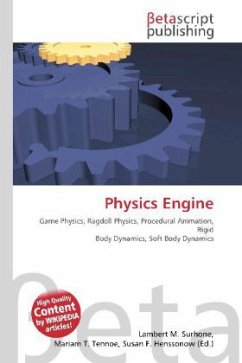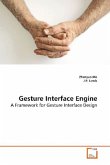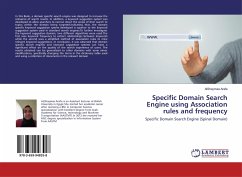Please note that the content of this book primarily consists of articles available from Wikipedia or other free sources online. A physics engine is a computer program that simulates physics models, using variables such as mass, velocity, friction, and wind resistance. It can simulate and predict effects under different conditions that would approximate what happens in real life or in a fantasy world. Its main uses are in scientific simulation and in video games. There are generally two classes of physics engines, real-time and high-precision. High-precision physics engines require more processing power to calculate very precise physics and are usually used by scientists and computer animated movies. In video games, or other forms of interactive computing, the physics engine simplifies its calculations and lowers its accuracy so that they can be performed in time for the game to respond at an appropriate rate for gameplay. This is referred to as real-time physics. Computer games use physics engines to improve realism.
Bitte wählen Sie Ihr Anliegen aus.
Rechnungen
Retourenschein anfordern
Bestellstatus
Storno








